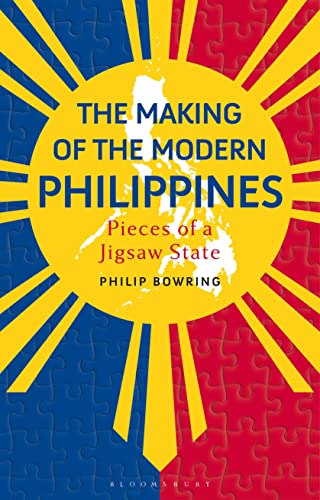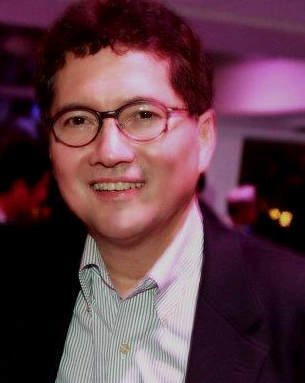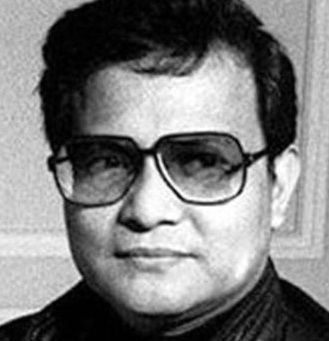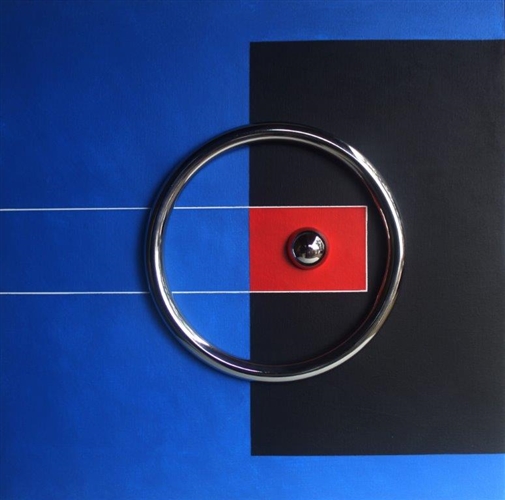Does the PHL need a revolution to put an end to elite politics?

By Philip Bowring
Published June 2, 2022
Bloomsbury Academic
272 pages
By Allen Gaborro
Philip Bowring, a longtime journalist well-versed in Asia-Pacific affairs, puts forth his study of the history of the Philippines up to the advent of the post-Duterte period, “The Making of the Modern Philippines: Pieces of a Jigsaw State.”
In reading Bowring’s book, we discern that the past can be retroactively instructive to contemporary times and suggestively prospective in examining, as he states it, “the Philippines today in the context of its past, at how history has dictated the present and what the future may hold.”
Bowring’s use of the term “Jigsaw State” in his subtitle speaks to the fragmented characterization of the country with its mélange of ethnic, religious, linguistic, and cultural backgrounds, archipelagic spatialization, and factionalized political culture.
Any Philippine historian worth their salt must take a certain amount of issue with Bowring’s application of “jigsaw” for it is rather misleading. The Philippines has had its share of contentious discord, vying regionalisms, and rival power centers. It is out of this historical accountability that Bowring addresses the dubious notion that Philippine nationalism is “weak compared to the demands of kinship and client relationships” that are traditionally part and parcel of Filipino social relations.
What Bowring is alluding to is what other non-Filipino chroniclers of Philippine history (Stanley Karnow leaps to mind) have done in so many words: regretfully place an inordinate amount of the blame on the victims—-the Filipino people—-even as they were subjected to insatiable foreign colonialists and their indigenous lackeys who moved to compromise “weak” Filipino nationalism in the first place.
Historically, Filipino nationalism has suffered from a deficit of consistent coherence. However, the shortfalls of Filipino nationalism have been ameliorated by the collective perseverance, sacrifice, passion, and prideful duty-to-country of its retainers and its mass supporters.
A more perceptive reading of Philippine history will bear out that since the 1896 anti-colonial revolutionary tumult, Filipinos have broadly been anything but apathetic or alienated from feeling the energy and reverence for the spirit of their national communality and unity. In taking proper historical stock then, the recurrent motif of the diminution of Filipinos’ connection with a nationalistic identity risks being exposed as a Western distortion of the actuality.
Curiously, Bowring turns back on his own subconsciously orientalist slant by putting a more sanguine spin on Filipinos and their national identity. He does so conditionally by cleaving Filipinos’ nationalist sentiment in two:
“Filipinos may be divided among themselves at home but in the outside world they have an identity and solidarity that is strong and recognized as such.”
Bowring’s differentiation between what he thinks is a fragile national identity domestically and a more cogent national identity overseas is vulnerable to attribution in the not dissimilar direction of what Edward Said wrote about Orientalism: its “culturally sanctioned habit of deploying large generalizations by which reality is divided into various collectives: languages, races, types, colors, mentalities, each category being not so much a neutral designation as an evaluative interpretation.” This can infer an insistence on the natives’ imperfections over the expansionist premeditations of imperialist interlopers.
As well as recapping the key events, personages, and themes of Philippine history, “The Making of the Modern Philippines” constructively forms criticism around the Philippine elites, who I believe are far more of a perpetual detriment to the country’s development—Bowring mentions the “elite-dominated political system”—than what the overstated mantra of kinship ties has let on (in my opinion, class relations should take precedence over patron-client, kinship affiliations).
Bowring wants to keep the elites up at night: “By some measures, the Philippines needs a revolution, to throw off the old elites” and to “end [elitist] monopolies.” “By some measures” is vague but his statement counsels proactivity and that is better than accepting the status quo.
Another salutary determination of Bowring’s is that concerning Filipinos’ potential, there is indeed a there there. The country’s promise is not a pipedream and has been within reach and reason for a long time. For the Philippines, there has been the good, the bad, the ugly (Filipinos for instance have racked up more than enough self-inflicted wounds) and as Bowring encouragingly offers, the “hope and belief that it can become what it should be.”
Support independent bookstores! Bookshop financially supports local, independent bookstores. Below is a link to TheFilam.net Bookshop page.











